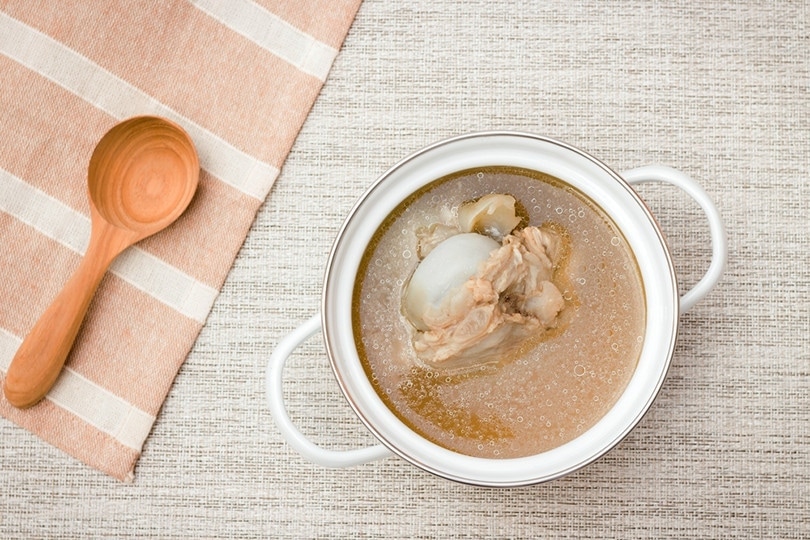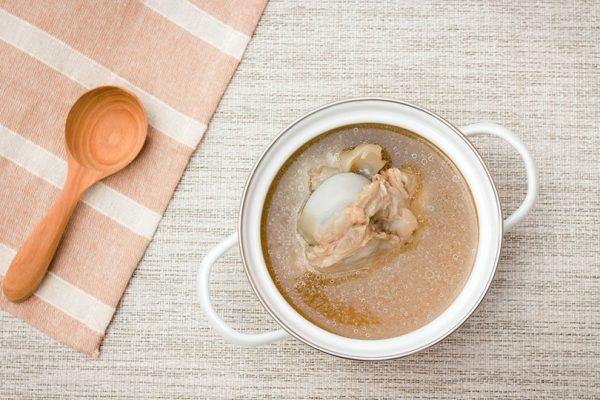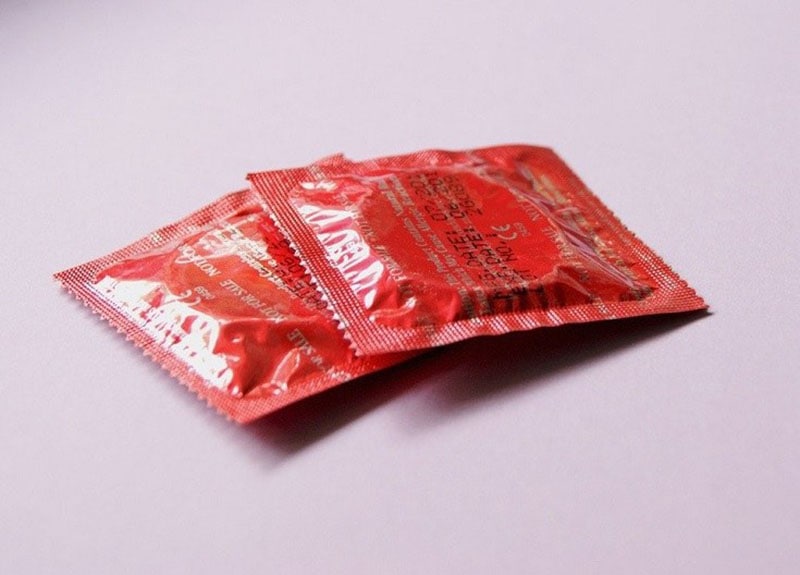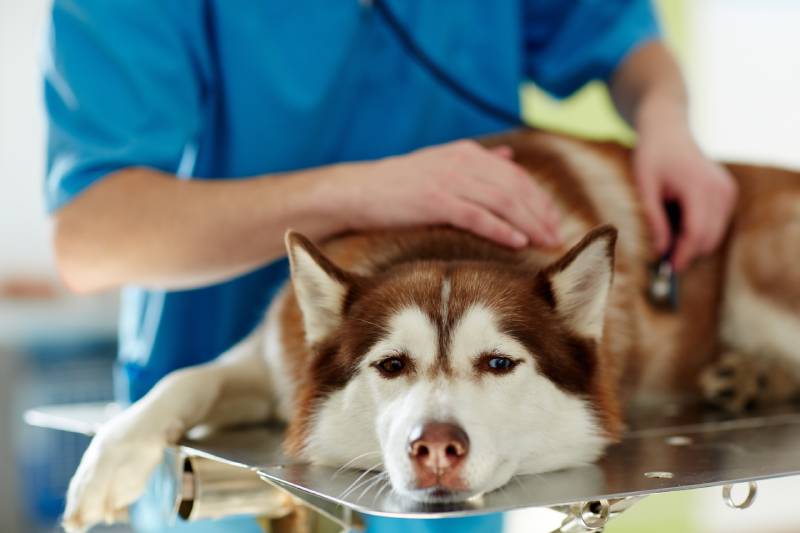Click to Skip Ahead
Most of us know firsthand how terrible a case of GI upset can be. Nausea, vomiting, diarrhea… the works. Most of us have been there at some point or another. And, often, once nausea and vomiting kick in, the idea of eating seems absolutely off the table (excuse the pun).
For dogs with gastrointestinal upset, it is much the same. And when it comes to pancreatitis, think of that as GI upset on steroids. All of the same clinical signs are often present, and our pups often feel just as miserable. This also means that they might be very reluctant to eat, or may refuse food and liquids altogether.
But what about the old wives’ tale of using broths to help replenish liquids and electrolytes in cases of GI illness? Can bone or chicken broths be good for dogs with pancreatitis? The answer may be yes, but only if certain rules are followed. Read on to learn more about broths and whether they can help pancreatitis in dogs.
What is Pancreatitis?
Pancreatitis is a form type of gastrointestinal upset that is caused by inflammation within the pancreas. The pancreas is an organ that is found within the abdominal cavity of many species. It lies between the stomach and small intestine, and serves important physiological functions. The pancreas helps to aid the digestion of fats, proteins, and carbohydrates, by producing digestive enzymes that function to break down the foods dogs eat into various components. In addition, the pancreas produces hormones that regular blood sugar levels within the body. All of these functions can become impaired if pancreatitis occurs, and is severe enough.
Dogs with pancreatitis can develop nausea, abdominal pain, diarrhea, and vomiting. As a result, they may also not want to eat or drink. All of these conditions can cause marked imbalances in the fluid levels within their bodies, as well as with their electrolytes.
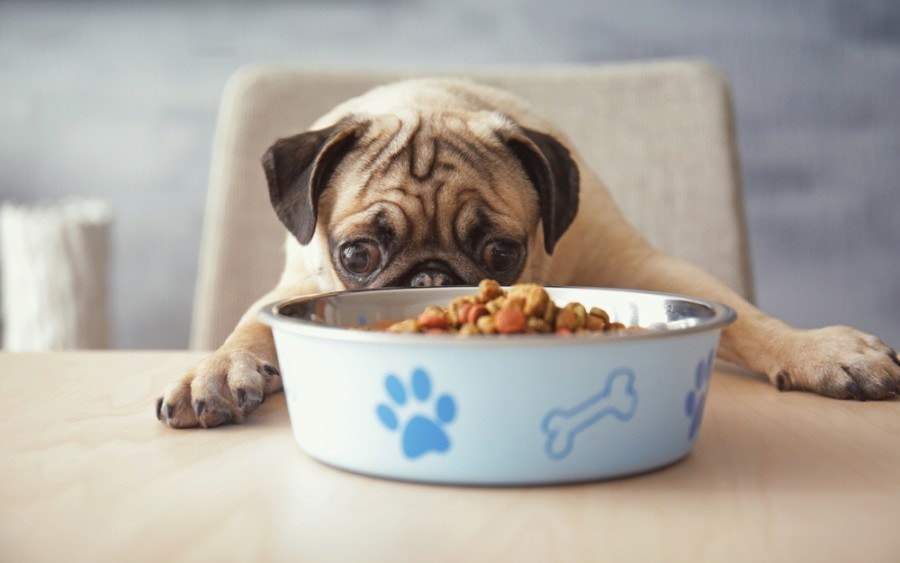
What Are Some Signs My Dog May Have Pancreatitis?
Possible signs that a dog may have pancreatitis include:
- Weakness
- Lethargy
- Nausea
- Vomiting
- Diarrhea
- Loss of appetite
How Does Dehydration Occur in Dogs with Pancreatitis?
Dehydration occurs when the body cannot maintain the balance of fluids in the body. The right balance of water, along with the specific concentrations of minerals and electrolytes within this fluid, is critical—not only for cellular function but for life itself. Severe imbalances can quickly cause death.
When dogs eat and drink, the body retains fluids that it can use for normal cellular functions. Fluids are lost through urinating and defecating, but the intake and output will typically balance out. However, if a dog becomes ill, sometimes additional losses through diarrhea or vomiting occur. This can be worsened if the dog is nauseous, painful, and not eating or drinking.
Not only are fluids lost through vomiting and diarrhea, imbalances in electrolytes can also quickly occur, as these bodily fluids contain a very specific and high concentration of these substances. Once the input of fluids into the body cannot equal the output of fluids, dehydration occurs.

What are Broths?
The terminology here gets a bit confusing. A broth or stock is the liquid strained after cooking ingredients added to a liquid to enhance its flavor. Broths and stocks can be vegetable, meat, or mixed in origin. A chicken broth will derive from chicken, whereas a bone broth may derive from other bones, such as beef. Broths differ from stock, in that broths typically derive from meat, while stocks derive from bones.
Therefore, the concept of “bone broth” is a bit of a misnomer, in that it is actually a stock. Broths tend to be thinner than stocks, as they aren’t compromised as much of collagen and other connective tissues, and therefore, are also often less fatty.
Are Broths a Good or Bad Choice for Dogs with Pancreatitis?
While, in theory, the idea of a chicken broth or bone broth might sound helpful for a dog with pancreatitis—especially when dealing with dehydration— there are a few reasons that it might actually be harmful.
Many broths and stocks are flavored with salt, which can exacerbate GI issues, as well as dehydration. Other flavors, such as onion and garlic, can be found in many broths—which can be toxic for dogs, even in small amounts.
Nutrition for dogs with pancreatitis should always be constructed under veterinary supervision. This is because some foods stand to make the condition much worse. Further, some dogs may not tolerate oral liquids at all and may require an IV catheter for fluid and electrolyte administration. In those instances, your vet may specifically want to rest the pancreas for some time, to allow for the inflammation to subside.
In instances when broth is recommended by your vet, it may be because the additional flavors or smells might be more enticing than plain water for a dog that feels unwell. And, the added electrolytes might be helpful in getting your pup on the road to recovery that much more quickly. Further, broths, by nature, should generally be easy to digest. If your vet does recommend feeding a broth, be sure to follow their instructions on the amount, type, and frequency of these feedings.
In Conclusion
Chicken or bone broth for dogs with pancreatitis might sound like a good idea. And, in instances when they’re recommended by your vet, they may be helpful in keeping your pup’s fluid levels balanced and getting them some extra electrolytes.
However, pancreatitis in dogs is a tricky, and often debilitating disease that requires veterinary supervision to effectively manage and treat. Therefore, feeding broths without veterinary guidance may stand to actually worsen the illness in some cases. Further, broths can contain additives that are fine for humans, but toxic to dogs. Having a close relationship with your vet is important to get your dog on the road to recovery, and back to being healthy and happy again.
Related Reads:
Featured Image Credit: PJjaruwan, Shutterstock

